The United Nations Food and Agriculture Organization (UNFAO) reports that the high price of food has made it one of 17 countries worldwide that are at “high risk” of deteriorating food security — astounding for a country whose land is so bountiful.
Because the needs are so great, in the mid-2000’s the foundation’s precursors established a Food Assistance program that provides free sustenance for 35 to 50 families in the Matagalpa region. Their needs are determined by our local staff, who make visits to applicants’ homes to determine those at greatest risk. Monthly food baskets include maize, beans, rice, sugar and other basic commodities. As with our other sectors, we would ultimately like to give more.
The recipients of Fara’s food aid are largely women and children (often single women who head up their households), elderly couples or families in which one of the bread-winners has become incapacitated or living with disabilities. “You cannot help it — when you see somebody doing without, how can you not give if you have the ability to do so,” our co-founder Maria has said.
Many families count on us for their monthly sustenance.
Maria, a native of Nicaragua who lives in the United States, cites the example of one hard-working recipient — a single mother with a special-needs daughter.
Originally the mother worked as a cook and was able to make ends meet for her family. When her two older children grew up and struck out on their own, she was forced to quit the job and take in laundry at home, leaving the household budget severely lacking.
“I can’t leave my daughter alone,” the mother told us. “She doesn’t know better — she will eat rocks and dirt, so I have to stay home with her and try to work there.” Still, she doesn’t make enough money. Our monthly program allows her and her daughter to survive. She is one of the struggling families we are committed to, and as Fara Foundation grows, we hope to cover more.

